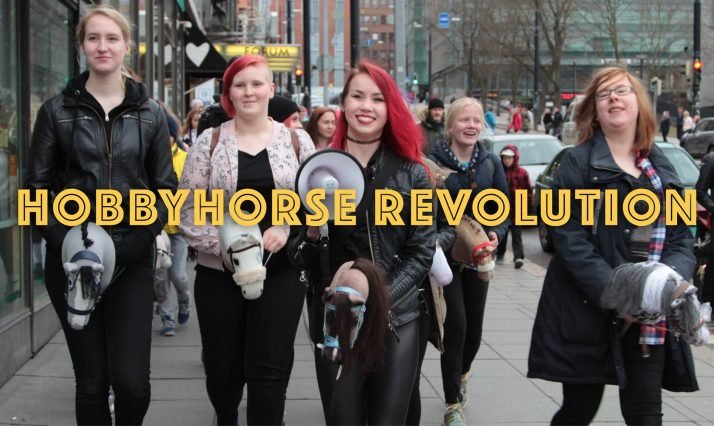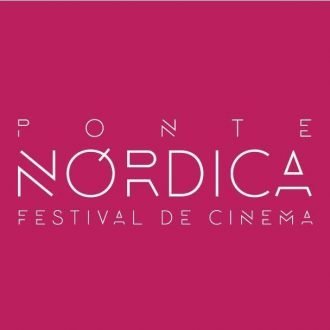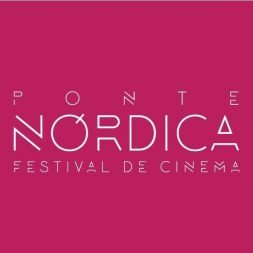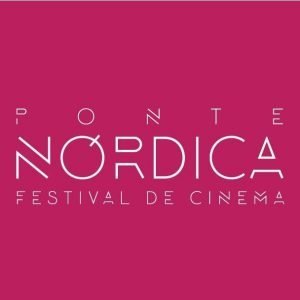First Ponte Nórdica 2018 debates




The first discussion in a series of Ponte Nórdica 2018 debates is carried out today
On the 3rd and 4th of May professionals meet for the first one of the Ponte Nórdica 2018 debates. Nordic and Brazilian movie professionals and representatives of cultural institutions meet to discuss important topics for the audio-visual arts and society in general. The debates are part of the film festival Ponte Nórdica and provides a meaningful addition to the movies of the program, as well as an important platform for the exchange of knowledge and experience between the Nordic countries and Brazil.
Program for Ponte Nórdica 2018 debates
Panel: Diversity in the audio-visual field: Brazil and the Nordic countries.
Thursday, May the Third, 19.00
Panelists: Sissel Hodne Steen (Norway), Debora Ivanov (Brazil), Peter Kronstrøm (Denmark), Maurizio Giuliano (Brazil).
Mediator: Tatiana Groff (curator of the festival)
The theme for this discussion will be diversity within the audio-visual sector and in regards to public and private foundations. The role of the media in securing equal rights and diversity in Brazil and in the Nordic countries will also be discussed.
Sissel Hodne Steen has been Consulate General in Rio de Janeiro since 2015. Through this she has not only presided over the Norwegian film festival in Norway and Brazil, she has also inaugurated several cultural events, such as “Ibsen Venusiannas”. From 2007 to 2011 Sissel was adviser at the Norwegian Permanent Missions to the UN and WTO/EFTA in Geneva, which handles issues of global health- and societal concerns.
Debora Ivanov is a lawyer and the current director of ANCINE. She has previously been a partner at Gullane Entertainment, where she participated in making more than 50 projects happen, receiving more than 200 prizes in Brazil and internationally. She has been managing director of Sindicato da Indústria do Audiovisual do Estado de São Paulo (SIAESP), a member of the steering committee for the audio-visual sector in Brazil and of the board of SPCine. She founded and was managing director of Instituto Querô, dedicated to the training of young people of the Santos region.
Peter Kronstrøm is Head of Copenhagen Institute for Futures Studies in Brazil. He has worked in Europe, USA, South America and Australia, and has given lectures and lead workshops at the UN, The World Bank and multinational events in Brazil and internationally. He engages his audience through themes covering a wide variety of subjects within the frame of insight and coming ways of life applied at the present.
Maurizio Giuliano is the director of the Information Center of the United Nations in Rio (UNIC Rio). He has a Masters in Latin American Studies from the University of Cambridge and has studied philosophy, politics and economy at Oxford University. He has worked on humanitarian UN projects and missions in several countries, Mali, Congo, Tchad, Sudan, Pakistan and Afghanistan among them. He has published two books on international relations and Latin American politics, and articles in both academic journals and journalistic outlets in several countries.
Panel: Creative decisions: Screen-play and direction
Friday, May the Fourth, 19:00
Panelists: Janaína Damaceno (Brazil), Ana Paula Alves Ribeiro (Brazil), Adriano de Angelis (Brazil), Karl Erik Schollhammer (Denmark) and Pasi Loman (Finland).
Mediator: Tatiana Groff (curator of the festival)
The debate is about the Scandinavian/Brazilian impression of working with directing and producing screen-plays in the audio-visual sector in relation to questions concerning diversity and equal rights.
Janaína Damaceno is one of the coordinators of the Fórum Itinerante de Cinema Negro (FICINE). She has a postdoc in sociology from UFSCar with the subject of “A Life in Archives” about the creation of visual and audio-visual archives on black social movements in Brazil, South Africa and the USA. She has carried through research projects at the National Institute of Audiovisual and Cinema (INAC) in Mozambique and in South Africa.
Ana Paula Alves Ribeiro is a sociologist from Universidade do Estado do Rio de Janeiro (1999), with a Masters in Social Sciences (UERJ, 2003) and a doctorate in public health (IMS / UERJ, 2009). She is part of the collegial coordination of the Afro Digital Rio Museum (UERJ), cooperates with the Afro-Brazilian Studies Center (UERJ) and is the director of the group Analysis of Policies and Audio-visual Petics (GRAPPA/UERJ) Digital, Race Relations and Visual Arts (UERJ) and the Research Center for Culture, Identity and Subjectivity (CULTIS / UFRRJ).
Adriano de Angelis is an audio-visual leader, journalist and project supervisor specializing in communication and culture. Presently he coordinates Núcleo Audiovisual Ação da Cidadania and its main project, Laboratório Audiovisual Ação da Cidadania, which has the purpose of contributing to business training, exchange of experiences and the furthering of projects in the audio-visual field, primarily ones initiated by young people from marginalized groups. He has previously worked as Assessor Especial do Ministério da Cultura (MinC) (adviser for the Ministry of Culture) and Coordenador de TVs e Plataformas Digitais da Secretaria do Audiovisual deste Ministério (coordinator for television and digital platforms for the Audio-visual Secretariat under the Ministry).
Karl Erik Schollhammer has a ph.d. in Latin American semiotics and literature from Aarhus University. He works within the field of literature, mainly with comparative literature and the theory of literature, focusing on visual studies and aesthethical questions related to the borders between literature and other artforms. He is Dean of the Department of Literature at Pontifícia Universidade Católica do Rio de Janeiro (PUC-RJ) and the suthor of several books and essays about literature and culture in Brazil.
Pasi Loman was born in Lappland, Northern Finland. Later he stayed in England, where he achieved a doctorate in history from The University of Nottingham. He has lived in Brazil since 2006, where he founded the literary agency Vikings of Brazil, which has brought more than 300 Nordic titles to the country and to the English speaking language center, Communicate English Training. Moreover, he is a representative of the Seppo company (a gamification platform) and of the Ibero-American Institute in Finland, a cultural and scientific bridge between Finland and the Portuguese speaking part of the Latin American world.